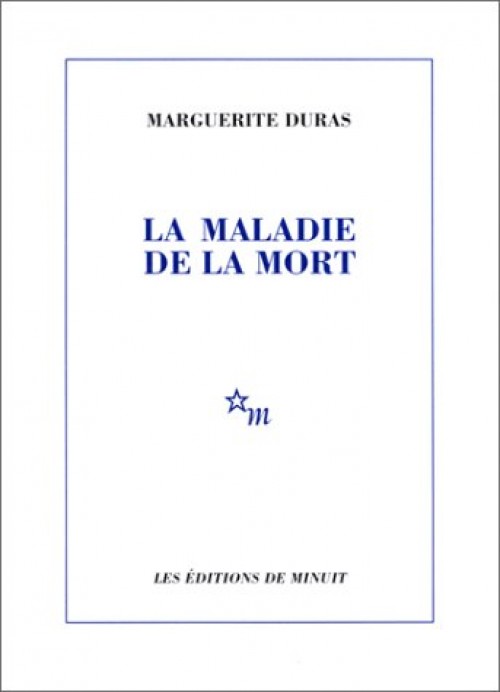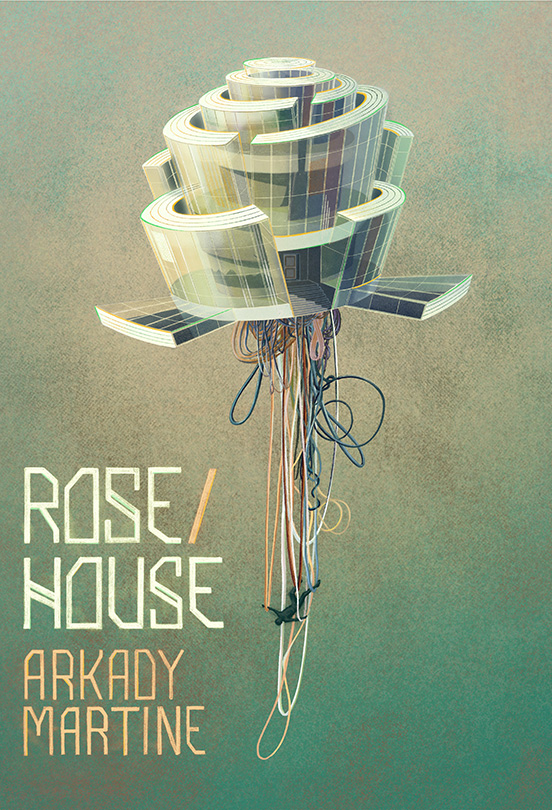In addition to an arbitrary percentage of Swedish reading, my annual reading goal also includes four books in French, lest those hours spent in French class go totally to waste. And just to drive home the point that I actually do have chill, this year was the first time since I introduced the goal that I actually met it.
By the skin of my teeth, with a Marguerite Duras novella at the buzzer, but nonetheless I met it! Merry Christmas to me.
La maladie de la mort (The Malady of Death, English translation available at the Internet Archive, also a worthy cause to donate to!) describes the brief relationship between an unnamed man (told in second person, so always just “vous”) and an unnamed woman he pays for sex-and-also-more. The man wants to experience love for once in his life, and the conditions of this transaction suggest what he thinks love is, or ought to be:
You say she mustn’t speak, like the women of her ancestors, must yield completely to you and your will, be entirely submissive like peasant women in the barns after the harvest when they’re exhausted and let the men come to them while they’re asleep. So that you may gradually get used to that shape moulding itself to yours, at your mercy as nuns are at God’s.
The woman denies being a prostitute, but still agrees to the deal, and over the course of their seaside hotel tryst she reads him for filth. Or, not filth exactly, but she’s able to name the character flaw within him that he’s never quite able to define. Whence the title of the work derives: she tells him that he is touched by the malady of death.
A lot about this situation is reminiscent of a chapter out of Jamie Bartlett’s The Dark Net, a book that is somehow nearly a decade old? Imagine a pre-Trump examination of 4chan. A simpler time. (As an aside, I was disappointed in The Dark Net because I thought it would be an examination of the actual Dark Net, meaning the stuff that happens online beyond the crawlable purview of search engines. It was actually about all of the antisocial but still highly Googlable behavior I was already aware of because I had a misspent, Terminally Online youth: pro-ana/pro-mia, suicide clubs, relentless online bullying campaigns, etc.)
One of the few things in The Dark Net that was actually of interest to me was the chapter on cam girls, maybe because I have limited (read as: zero) experience in that arena. The overwhelming consensus from the interviews that Bartlett conducted was that the best paying and most loyal customers for a cam girl often wanted, more than whatever explicit sexual experience, something that feminist theory would call “emotional labor” and that the cam girls called “the girlfriend experience.” This particular class of customer just wanted a space with another human being to give vent to their anxieties, blow off steam, maybe exhibit a level of vulnerability, and just overall to be seen—this on greater or equal footing than just sexual gratification.
The same dynamic seems to play out in La maladie de la mort. The man believes that what he’s missing is sex, he sets out terms and conditions that are built on that assumption, and as the relationship progresses (over a few days? weeks? the timeline is a bit muddy) the woman engages in a bit of psychological judo and by the end the man seems to realize…love wasn’t what he thought it was? He is inherently unloveable?
All you remember of the whole affair are certain words she said in her sleep, the ones that tell you what’s wrong with you: the malady of death.
Soon you give up, don’t look for her anymore, either in the town or at night or in the daytime.
Even so you have managed to live that love in the only way possible for you. Losing it before it happened.
Or he’s gay? (I missed the gay subtext in French and in English alike. Sometimes I’m not gifted at close reading.) Which then makes the extreme violence of the man’s initial terms for the relationship something on par with, say, Phil’s emotional abuse and psychological torture of Rose Gordon in The Power of the Dog. How aware either of these men are about their natural proclivities, or how they feel about them, is up for discussion.
Duras wrote in a variety of mediums, no stranger to film or stage, so it’s not surprising that her afterword on this very short piece is a reflection on how she would stage it as a play. Nor is it surprising that people have done exactly that!


